1. Cooking Basic Meals

Back in the day, most teens were expected to know their way around the kitchen before they even thought about leaving home. It wasn’t about whipping up gourmet dishes but more about knowing how to scramble eggs, make a simple pasta dish, or throw together a balanced meal without burning the house down. Parents and grandparents passed down family recipes, and home economics classes reinforced the importance of cooking from scratch. Fast food and microwave meals weren’t as common, so knowing how to prepare real food was a survival skill says Parents.
Beyond just feeding themselves, cooking taught responsibility and budgeting. Teens had to grocery shop, meal plan, and make do with what was in the pantry. It wasn’t about spending money on takeout but rather learning how to stretch ingredients and make meals last. Plus, knowing how to cook meant being able to impress friends and future roommates—or even a date. Nothing says “I’ve got my life together” like making a homemade meal adds the Washington Post.
2. Doing Laundry Properly

Laundry wasn’t just about tossing everything into the washing machine and hoping for the best. Teens had to learn the difference between hot and cold water, lights and darks, and what would shrink if it saw the inside of a dryer. Some families even had strict rules about line drying or using certain detergents to avoid ruining clothes. A single laundry mistake could turn a white shirt pink or make a sweater fit a younger sibling instead shares Mommy Poppins.
This skill also taught responsibility and independence. Knowing how to care for clothes meant they lasted longer, saving money in the long run. No one wanted to be the college freshman calling home in a panic over a laundry disaster. Plus, there was something satisfying about folding a fresh pile of laundry and knowing everything was clean. It was one of those little things that made a person feel like a real adult shares Fatherly.
3. Managing Money Wisely

Before digital banking and Venmo, teens had to keep track of their money the old-fashioned way—by balancing a checkbook or using cash envelopes. Parents expected them to know how to save for big purchases and budget for things like gas, clothes, and entertainment. Overspending wasn’t as easy when everything wasn’t just a swipe away. If you ran out of money, that was it until the next allowance or paycheck.
This skill helped teens avoid financial struggles later on. Understanding how to budget meant fewer surprises when bills started rolling in. Learning about interest rates and credit cards early kept many from falling into debt traps as young adults. Even simple habits like keeping track of receipts and knowing how to write a check were considered essential. It was all about being prepared for the real world.
4. Changing a Tire
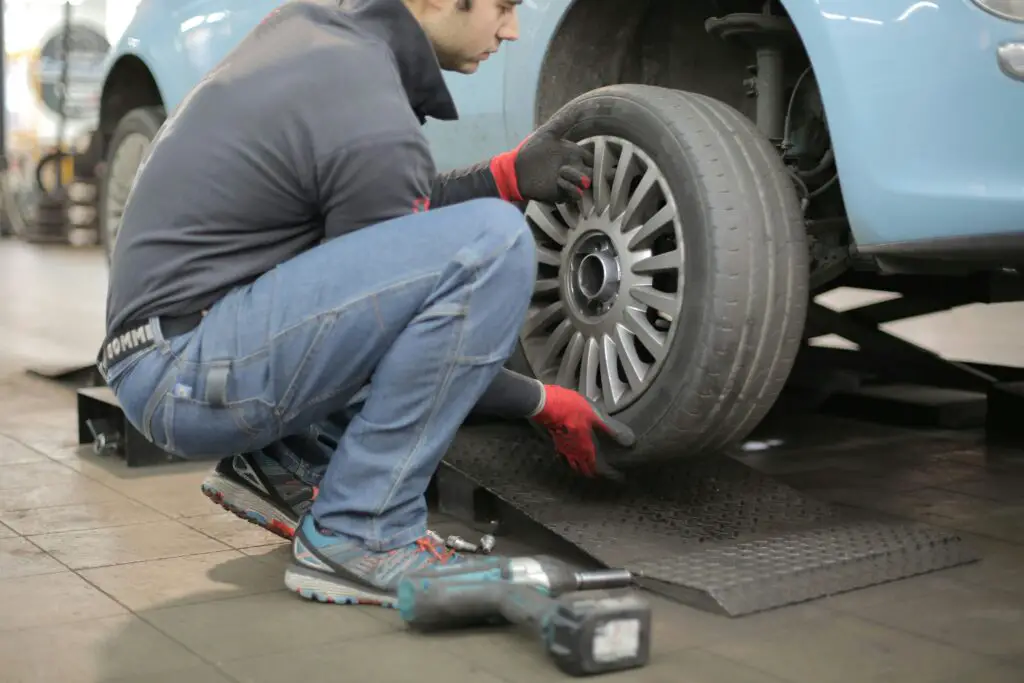
Car trouble was a fact of life, and before cell phones, there wasn’t always an easy way to call for help. Teens were expected to know how to change a flat tire before they could drive solo. Parents or older siblings often taught them in the driveway, making sure they knew where the jack was and how to tighten the lug nuts properly. There was no excuse for being stranded on the side of the road unprepared.
This skill gave teens a sense of confidence and independence. Knowing how to handle minor car issues meant not relying on others in emergencies. It also saved money since calling a tow truck for something simple wasn’t ideal. Plus, being the one who could step up and help someone else with a flat tire always earned some respect.
5. Writing a Proper Letter

Before emails and texts, writing a proper letter was a necessity. Whether it was a thank-you note, a formal request, or a college application, knowing how to structure a letter was a basic skill. Teens had to learn how to address an envelope, use proper greetings, and close with a signature. There was an unspoken rule that handwritten thank-you notes were always preferred over a quick phone call.
This skill taught patience and thoughtfulness. Unlike a text, letters required careful wording and a personal touch. It also helped in professional settings, as a well-written letter could make a strong impression. Even today, knowing how to write a clear and professional email comes in handy. Good communication never goes out of style.
6. Understanding Basic First Aid
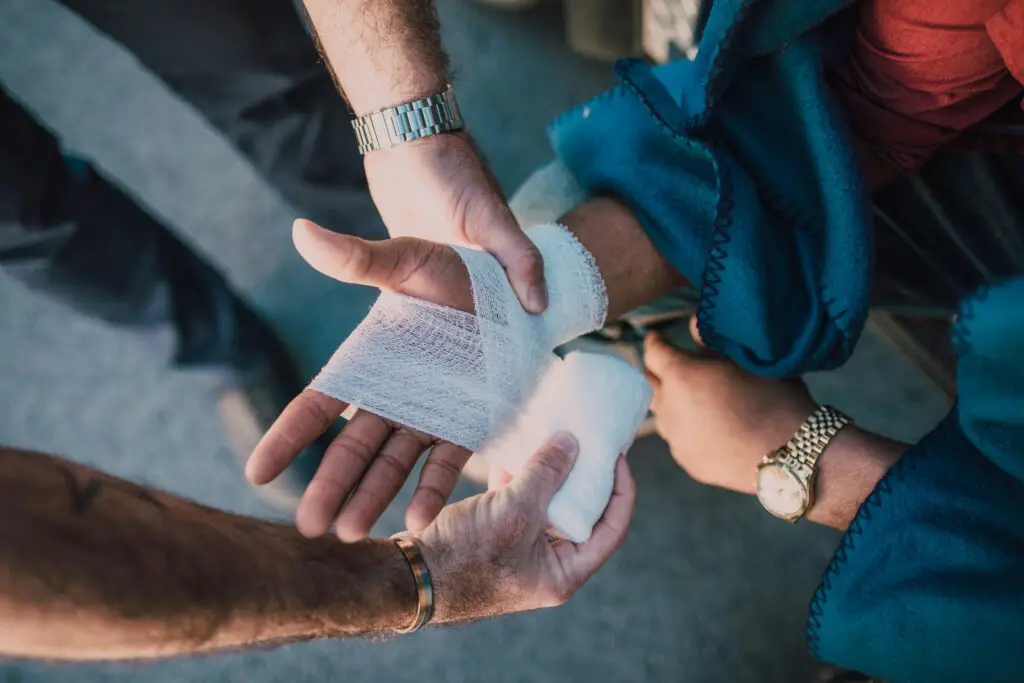
Teens were expected to know how to handle minor medical situations before heading out on their own. Whether it was cleaning a cut, performing the Heimlich maneuver, or treating a burn, these skills were essential. Many learned first aid in scouting, health class, or from a relative who made sure they were prepared for emergencies. CPR training was also common, especially for those working summer jobs as lifeguards or babysitters.
These skills weren’t just for personal benefit—they also helped teens step up in emergencies. Knowing what to do could mean the difference between a minor injury and a serious complication. It also instilled a sense of responsibility and preparedness. No one wanted to be the person panicking when something went wrong.
7. Sewing a Button or Fixing a Hem
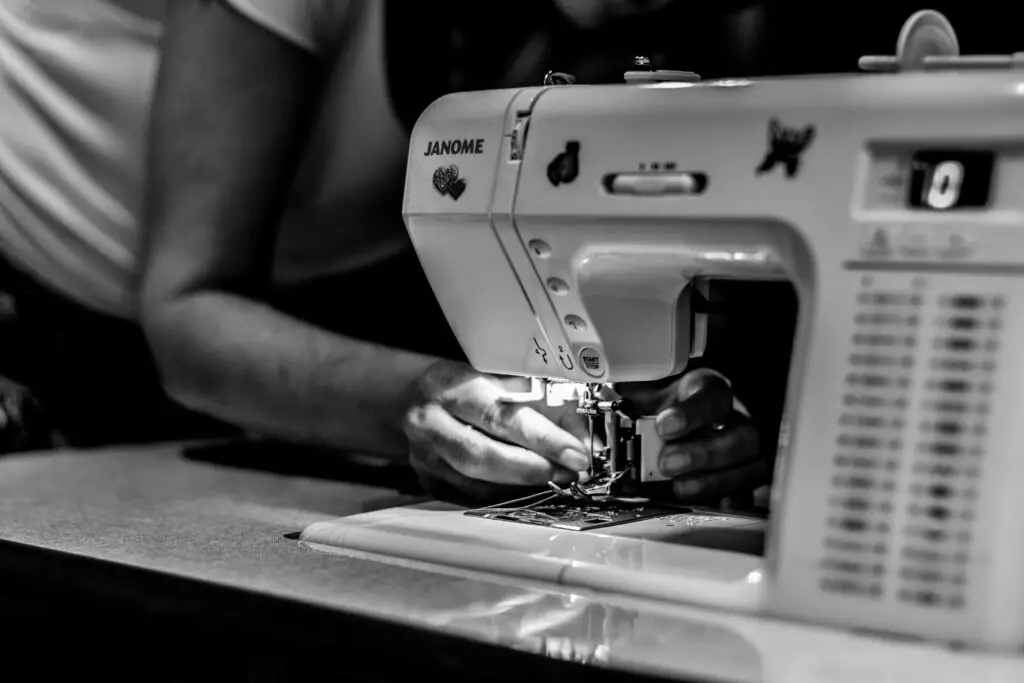
Clothing wasn’t as disposable, and knowing how to make small repairs was an expectation. Teens learned to sew on a missing button, stitch up a torn seam, or hem pants that were a little too long. These skills were often taught at home, passed down from older generations who believed in making clothes last. A sewing kit was a staple in every household.
Beyond saving money, sewing taught patience and problem-solving. Instead of tossing something out, people found ways to fix it. It also meant not having to rely on someone else for small clothing mishaps. Even today, knowing how to do a quick fix can come in handy at the worst times, like right before an important event.
8. Reading a Map

Before GPS made navigation effortless, teens had to know how to read a paper map. Whether it was planning a road trip or figuring out directions in an unfamiliar city, this skill was a necessity. Parents made sure their kids could fold a map properly and follow routes without getting completely lost. Getting from point A to point B wasn’t always as simple as typing an address into a phone.
This skill taught problem-solving and independence. Being able to navigate without technology meant teens weren’t helpless if their phone died or they lost service. It also helped with spatial awareness and planning. Plus, there was a certain satisfaction in successfully navigating a new place using just a map.
9. Making an Appointment

Booking a doctor’s appointment or scheduling a haircut wasn’t something parents always did. Teens were expected to know how to call, speak clearly, and handle any questions that came up. It was about confidence and responsibility—knowing how to advocate for themselves. No one wanted to be the young adult who panicked at the thought of making a simple phone call.
This skill helped teens transition into adulthood smoothly. Knowing how to schedule things in advance and keep track of appointments kept life running smoothly. It also built confidence in dealing with professionals. Plus, there was nothing worse than realizing you needed a dentist appointment and not knowing where to start.
10. Cleaning a Bathroom Properly
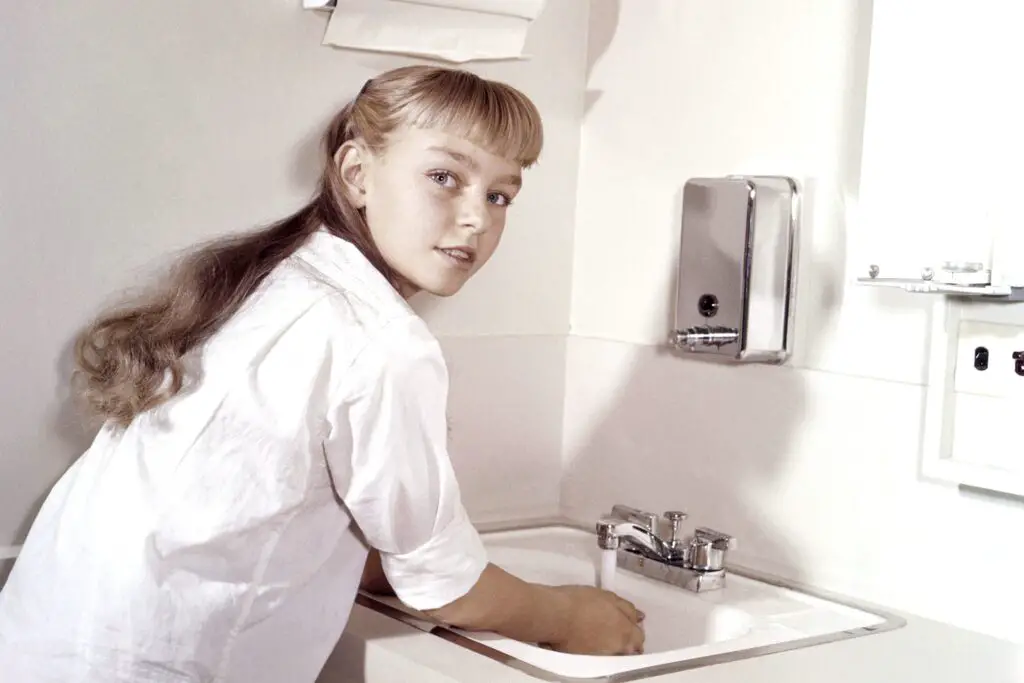
A quick wipe-down wasn’t enough—teens were taught to deep clean. Scrubbing toilets, wiping mirrors, and making sure there was no mold in the shower were all part of the job. Parents made sure their kids knew how to handle cleaning products safely and effectively. A clean bathroom was a sign of responsibility.
Learning this skill meant teens wouldn’t be the messy roommate or the person whose bathroom everyone avoided. It also made them more aware of hygiene and home maintenance. Keeping a clean space wasn’t just about appearances—it was about creating a comfortable and healthy environment. Plus, it made future homeownership or apartment living much easier.
11. Grocery Shopping Smartly

Teens didn’t just tag along on grocery runs—they learned how to shop wisely. Comparing prices, reading labels, and knowing how to pick fresh produce were all important skills. Parents expected them to understand budgeting and avoid impulse buys. Meal planning wasn’t just for adults—it was a skill everyone needed.
This skill taught financial awareness and independence. Knowing how to shop efficiently saved money and reduced waste. It also made cooking easier since they knew how to stock a kitchen properly. Plus, being able to shop for yourself meant you wouldn’t be stuck eating random snacks for dinner.
12. Understanding Basic Home Repairs
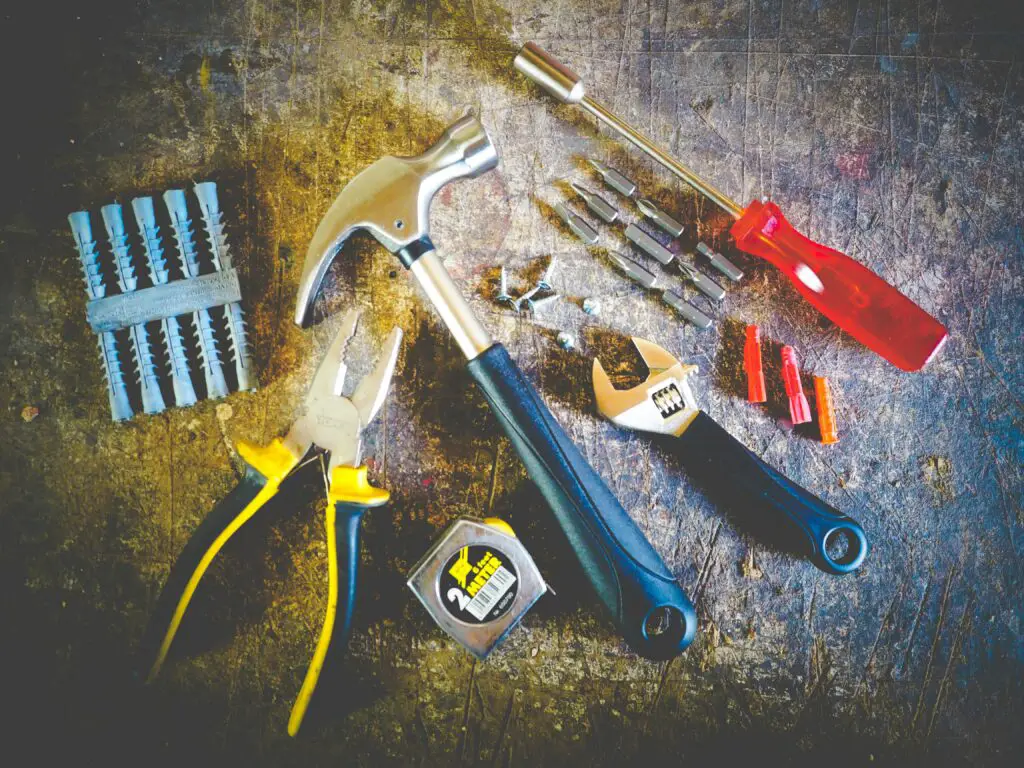
Before calling a handyman for every little thing, teens were expected to know some basic home repair skills. Fixing a leaky faucet, unclogging a drain, or using a power drill were all things they learned before moving out. Parents or grandparents often passed down these skills, making sure their kids knew how to handle common household problems. It wasn’t about becoming a full-on handyman, just knowing enough to avoid unnecessary expenses.
These skills saved time and money in the long run. Instead of waiting for help, teens who learned home repair could handle small issues themselves. It also built confidence and problem-solving abilities—knowing how to troubleshoot when something wasn’t working. Plus, there was a certain satisfaction in fixing something on your own instead of paying someone else to do it.
